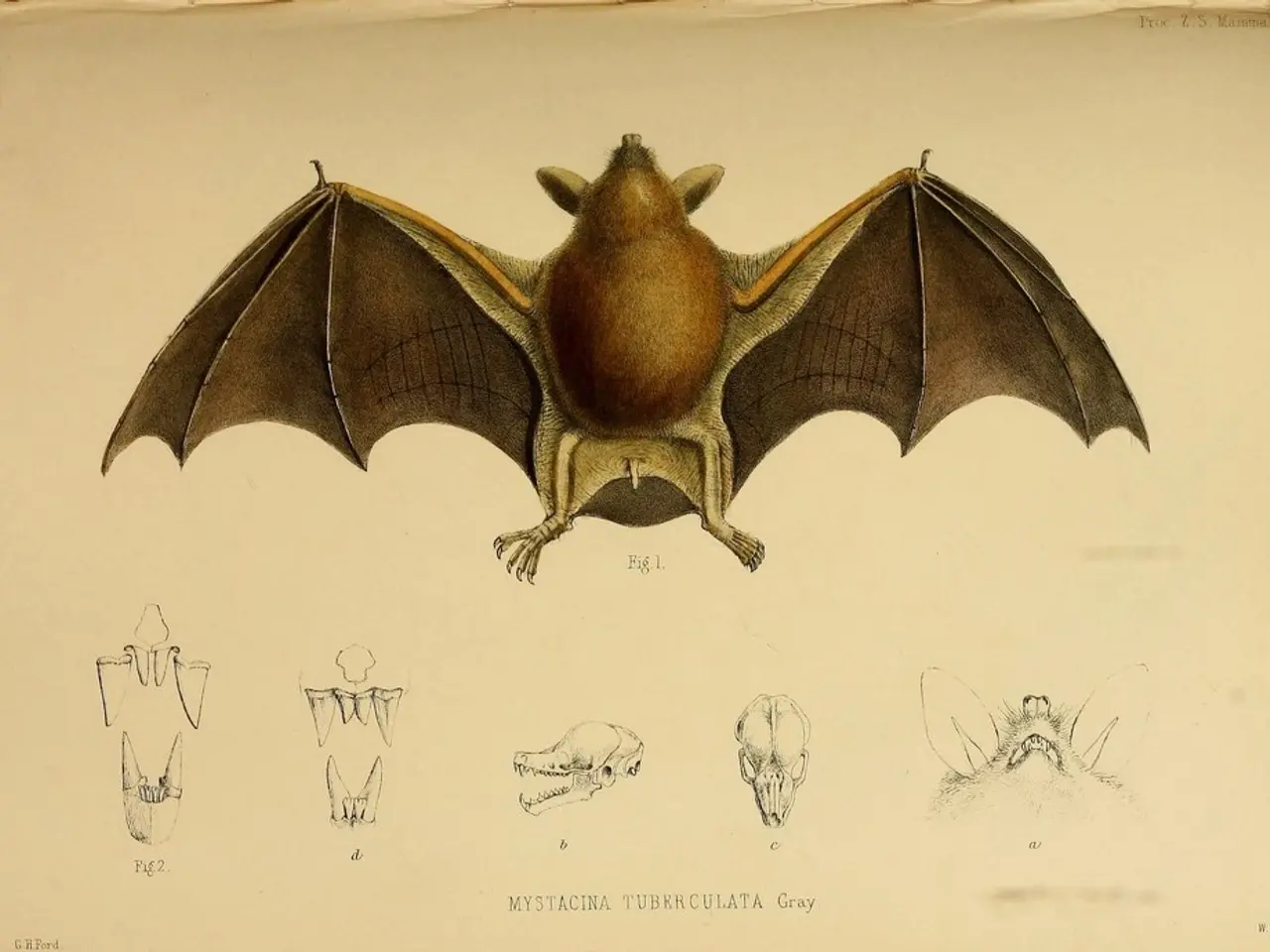Princeton NuEnergy secures funding for speeding up the direct recycling process of lithium-ion batteries
Princeton NuEnergy (PNE), a battery recycling firm founded at Princeton University in 2019, has taken a significant step forward in scaling its low-temperature plasma-assisted separation (LPAS) process for direct lithium-ion battery recycling.
The company, led by co-founder and CEO Dr. Chao Yan, has been awarded a SuperBoost grant from the National Science Foundation’s (NSF) Energy Storage Engine. This grant will be used to expedite the scale-up of PNE's LPAS process, a technology that eliminates toxic waste streams and is energy-efficient, using 70% less energy than traditional processes.
Dr. Chao Yan's statements indicate a focus on the domestic U.S. market for their circular economy solutions. PNE's efforts are aimed at addressing infrastructure and material needs more promptly within the U.S. battery market, securing critical infrastructure and materials within the country.
The LPAS process will be demonstrated using pouch cells provided by upstream partners. PNE is developing a technology for the repair and rejuvenation of cathode and anode materials in lithium-ion batteries, with the materials produced by their technology having performance comparable to virgin sources.
By bringing their solutions to the U.S. battery market faster, PNE aims to address sustainability concerns while also securing critical infrastructure and materials. Dr. Chao Yan's statements suggest that PNE's work is geared towards addressing critical infrastructure and material needs within the U.S., rather than other markets.
The emphasis on cost-effectiveness in Dr. Chao Yan's statements also indicates that PNE is conscious of the economic aspects of their solutions. PNE's solutions are designed to be implemented in a circular economy context within the U.S. battery market, with the intention of accelerating scale-up and bringing circular economy solutions to the market in a more cost-effective manner.
PNE has already advanced to commercial-scale operations with its Advanced Black Mass recycling plant in Chester, South Carolina. The company has also received substantial US Department of Energy grants to optimize and reduce costs of this energy-efficient recycling method.
In summary, Princeton NuEnergy's advancements in low-temperature plasma-assisted separation technology for direct lithium-ion battery recycling, coupled with their focus on the U.S. market and commitment to cost-effectiveness, position them as a key player in addressing sustainability, critical infrastructure needs, and material needs within the U.S. battery market.
Read also:
- Peptide YY (PYY): Exploring its Role in Appetite Suppression, Intestinal Health, and Cognitive Links
- Toddler Health: Rotavirus Signs, Origins, and Potential Complications
- Digestive issues and heart discomfort: Root causes and associated health conditions
- House Infernos: Deadly Hazards Surpassing the Flames








